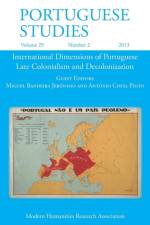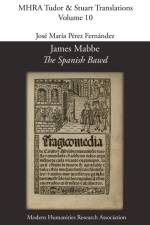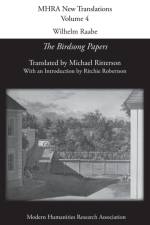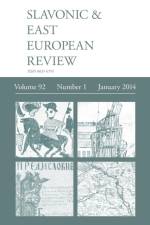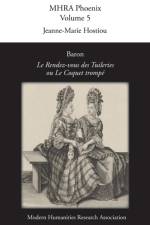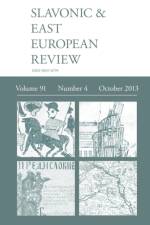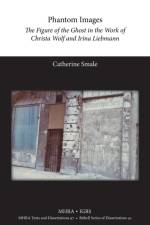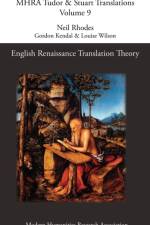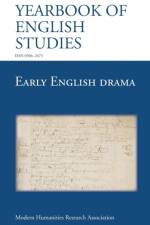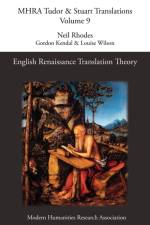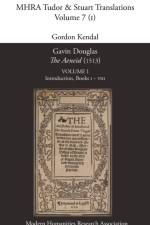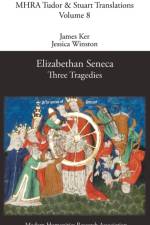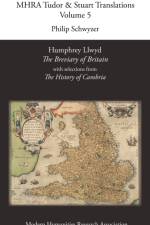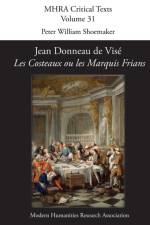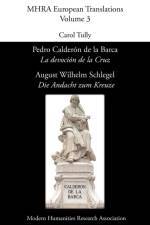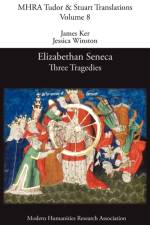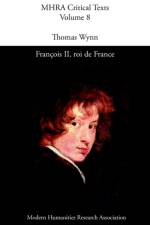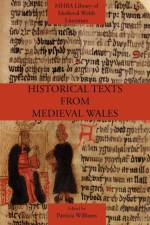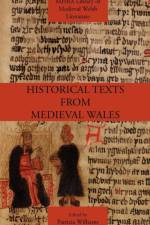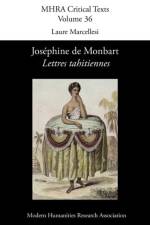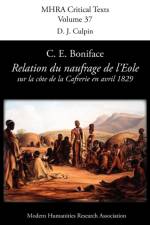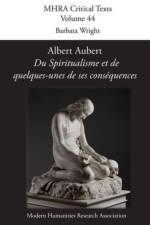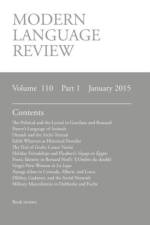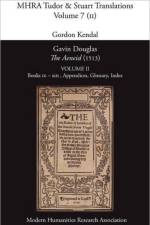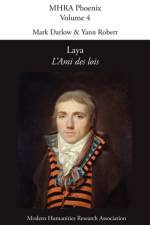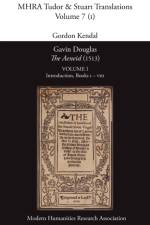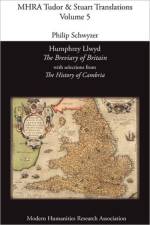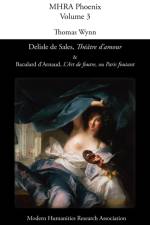1 647
The Yearbook of English Studies 2013 is devoted to early English drama, ranging from what is generally understood as 'medieval' to plays of the early Tudor period, while also including chapters on modern theatrical responses to the surviving corpus of texts. The volume is edited by Pamela King (Professor of English at the University of Glasgow), Sue Niebrzydowski (Senior Lecturer in Medieval English Literature at Bangor University, Wales) and Diana Wyatt (Research Associate at the University of Durham). This rich and varied collection is deliberately loosely ordered in order to encourage the reader to think again about the old canonical categories, particularly 'mysteries' and 'moralities'. The authors lead the reader to engage with recent scholarship in the field which has, for example, drawn on archival research into lost plays to question old certainties about genre, about chronology, and about evolution, and which has taken another look at surviving texts in ways that resist categorization, and found them to be more problematic than hitherto assumed.This volume does not aim to offer coverage of new work in a known field, so there is, for example, no essay dedicated to the York Cycle, although references to it are shot through the whole. Rather, individual chapters reflect not only their authors' specialist sub-fields but also a variety of approaches, from the study of sources and the materiality of surviving witnesses to the texts, to various critical readings and approaches, to studies in the history of staging. In addition, essays on modern productions stake the claim for a new and distinct area in the study of medievalism, as modern authors and producers draw inspiration from the original early scripts. The reader will encounter old favourites in this volume - the Towneley Plays, the Chester Cycle, The Castle of Perseverance, Ane Satyre of the Thrie Estaitis, to name a few - as well as Bewnans Ke, the Cornish saint's play discovered only in 1999, and an intriguing mixture of hagiography and Arthuriana. Equally, the reader will be led to reconsider some lesser-read texts and to encounter traces of wonderful plays which have been lost forever. Overall, the volume seeks to engage with a dramatic tradition which was at once richer and more varied than has been conventionally imagined.


